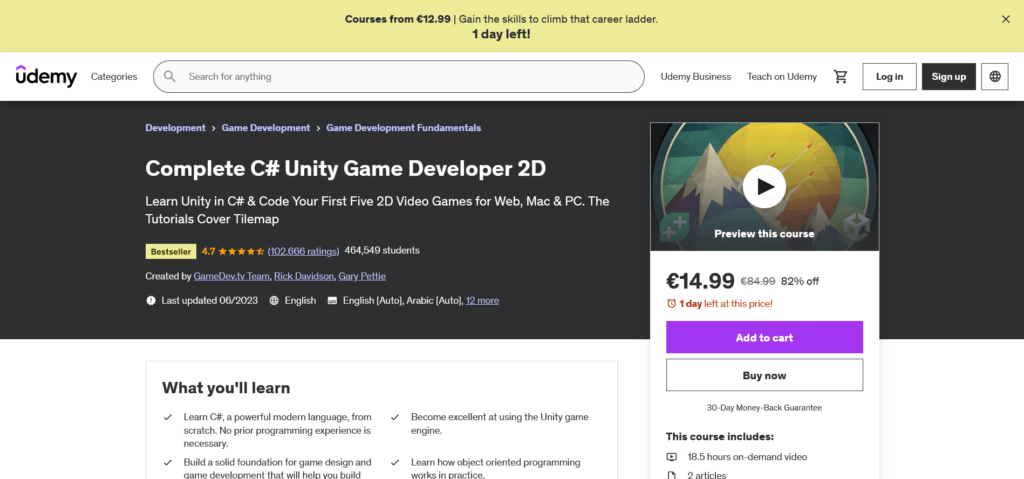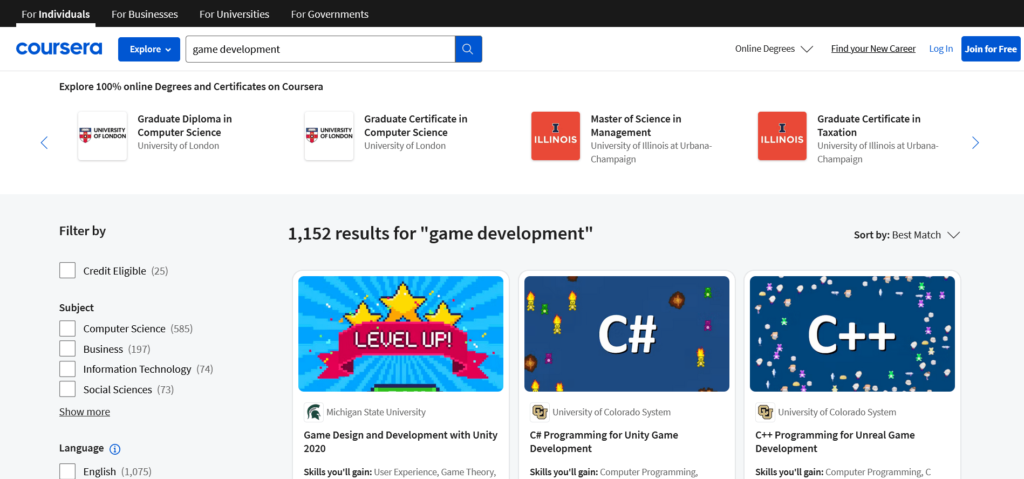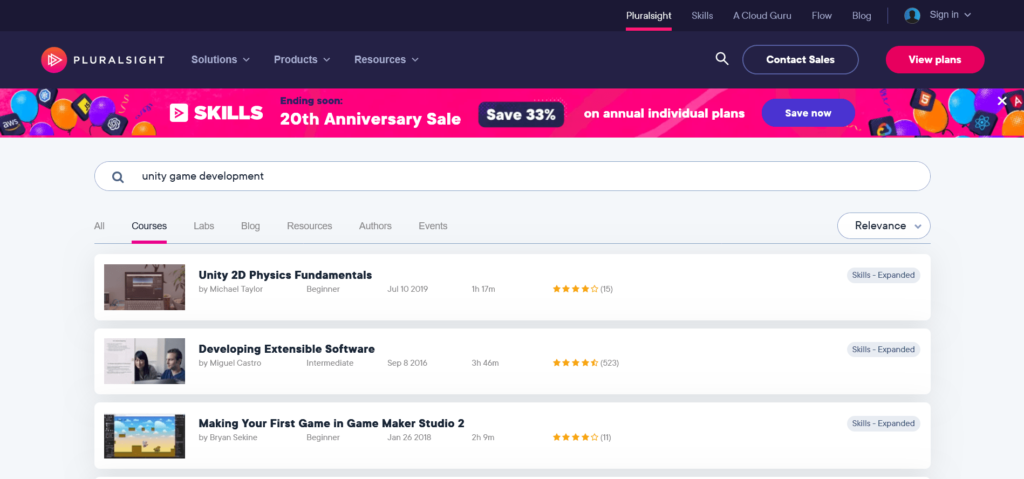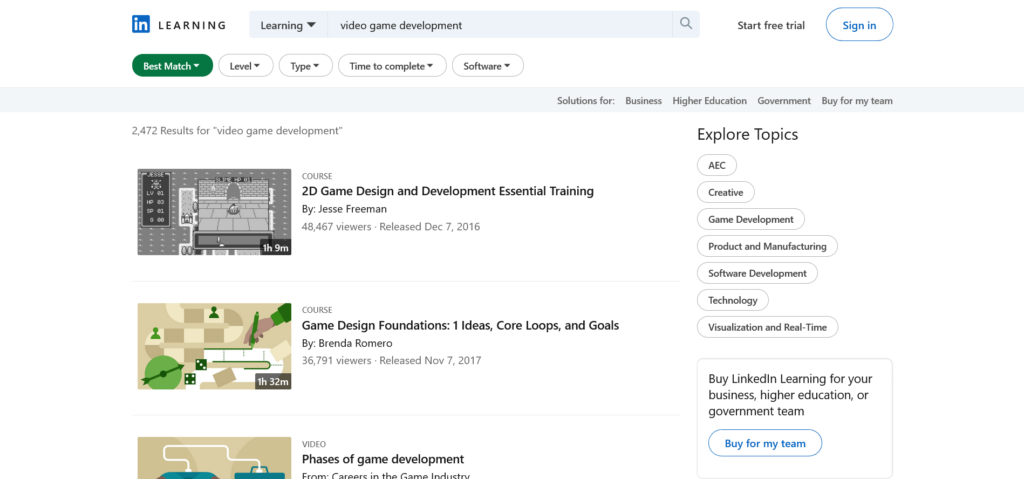Introduction to Video Game Monetization
Welcome to the ultimate guide on how to monetize your video game effectively. In an increasingly competitive gaming industry, understanding how to monetize your video game is essential for success. Whether you’re an indie developer or part of a larger studio, maximizing revenue streams is key to sustaining your project and achieving financial viability. In this comprehensive article, we’ll explore various monetization strategies, from in-game purchases and subscriptions to advertising and sponsorships. By mastering the art of how to monetize your video game, you’ll unlock the potential to generate sustainable income and reach a wider audience. So, let’s dive into the strategies, tactics, and tools that will help you capitalize on your game’s earning potential: How to monetize your video game starts here.
In-App Purchases (IAPs)
In-app purchases are a staple in the gaming industry, allowing players to buy virtual goods or upgrades within the game. Successful implementation involves offering valuable items or enhancements that enhance gameplay without creating a pay-to-win environment.
Example: Fortnite
Fortnite, developed by Epic Games, generates substantial revenue through cosmetic in-game purchases, such as character skins, emotes, and weapon skins. These items don’t impact gameplay but appeal to players’ desire for personalization.
Subscription Model
Subscription models offer a steady stream of revenue by providing players with premium features or exclusive content for a recurring fee.
Example: Xbox Game Pass
Microsoft’s Xbox Game Pass offers a subscription service that grants users access to a vast library of games for a monthly fee. This model encourages player retention and provides a predictable revenue stream.
Ads and Ad Integration
Incorporating ads into a game can be an effective way to generate revenue, but it’s crucial to strike a balance between ads and gameplay to avoid frustrating users.
Example: Crossy Road
Crossy Road, a popular mobile game, integrates ads seamlessly by offering players the option to watch an ad in exchange for in-game currency or extra lives. This opt-in approach enhances the user experience.
Freemium Model
The freemium model allows players to download and play the game for free, with revenue generated from optional in-app purchases.
Example: Clash of Clans
Supercell’s Clash of Clans employs the freemium model, enticing players with a free-to-play experience while offering in-app purchases for gems, which can be used to accelerate game progress.
Crowdfunding
Crowdfunding platforms provide an avenue for developers to secure funding directly from the gaming community. This approach involves offering exclusive perks or early access to backers.
Example: Kickstarter – “Shenmue 3”
The highly anticipated game “Shenmue 3” utilized Kickstarter to raise funds from fans, offering various reward tiers, including exclusive in-game items and experiences for backers.
E-Sports and Competitive Gaming
Capitalizing on the growing popularity of e-sports, developers can monetize their games through organized tournaments, sponsorships, and merchandise sales.
Example: League of Legends
Riot Games’ League of Legends has become a global e-sports phenomenon, with lucrative revenue streams from sponsorships, advertising, and in-game purchases related to competitive events.

Best Online Education Platforms to Learn How to Monetize Your Video Game
In the dynamic landscape of the gaming industry, mastering the art of game development is crucial, but so is the ability to monetize your skills effectively. With the rise of online education platforms, aspiring game developers and enthusiasts now have unprecedented access to comprehensive courses tailored to their needs. Whether you’re a novice looking to kickstart your journey or a seasoned developer aiming to enhance your expertise, these top online education platforms offer invaluable resources to monetize your video game knowledge. Let’s delve into the cream of the crop:
Udemy

Boasting a vast repository of game development courses, Udemy stands out as a beacon for learners worldwide. From beginner-friendly introductions to advanced tutorials on game design principles and programming languages like Unity and Unreal Engine, Udemy offers a diverse array of courses catering to every skill level. With its pay-per-course model and frequent discounts, Udemy provides affordable access to high-quality content, making it an ideal platform for budding developers seeking to monetize their passion for video games.
Coursera

Renowned for its partnership with leading universities and institutions, Coursera offers a plethora of game development specializations and certifications designed by industry experts. Through interactive video lectures, hands-on projects, and peer-reviewed assignments, Coursera empowers learners to acquire in-depth knowledge of game design, virtual reality, and augmented reality technologies. Moreover, Coursera’s flexible subscription plans enable users to access course materials at their own pace, making it a lucrative choice for individuals seeking to monetize their video game expertise while balancing other commitments.
Pluralsight

Targeting professionals and enterprises, Pluralsight stands at the forefront of online learning platforms, offering a comprehensive suite of courses in game development, software engineering, and emerging technologies. With its adaptive skill assessments and personalized learning paths, Pluralsight equips learners with the requisite skills to thrive in the competitive gaming industry. Additionally, Pluralsight’s subscription-based model grants users unlimited access to its extensive library of courses, enabling them to stay abreast of the latest trends and technologies shaping the future of gaming.
LinkedIn Learning

Leveraging its vast network of industry professionals and thought leaders, LinkedIn Learning provides an array of game development courses tailored to the needs of aspiring developers and seasoned veterans alike. From game design fundamentals to advanced topics such as artificial intelligence and machine learning in gaming, LinkedIn Learning offers a diverse range of tutorials curated by experts with real-world experience. Furthermore, LinkedIn Learning’s integration with the LinkedIn platform facilitates networking opportunities and career advancement, making it an indispensable resource for individuals looking to monetize their video game expertise in today’s competitive job market.
Skillshare

Geared towards creative professionals and hobbyists, Skillshare offers an assortment of game development courses covering topics such as character design, level design, and game mechanics. With its emphasis on project-based learning and peer feedback, Skillshare fosters a collaborative environment conducive to skill acquisition and portfolio development. Moreover, Skillshare’s subscription model grants users unlimited access to its catalog of courses, workshops, and tutorials, enabling them to explore various facets of game development and discover their niche within the industry.
Top Most Searched Questions and Answers About How to Monetize Your Video Game
Monetizing your video game requires strategic planning, creativity, and adaptability in response to industry dynamics and player expectations. By addressing the 10 most searched questions about video game monetization, developers can gain valuable insights and guidance to navigate this complex yet rewarding aspect of game development. With the right approach, developers can unlock the full potential of their creations and achieve sustainable success in the competitive gaming industry.
1. How can I monetize my video game effectively?
Monetizing your video game effectively requires a multi-faceted approach. This includes implementing various revenue streams such as in-game purchases, advertisements, subscriptions, and downloadable content (DLC). Moreover, ensuring a balance between monetization and user experience is paramount to avoid alienating players.
2. What are the best platforms for monetizing video games?
The choice of platforms for monetizing your video game depends on factors such as target audience, genre, and development resources. Popular platforms include digital distribution platforms like Steam, console marketplaces such as PlayStation Store and Xbox Live, mobile app stores like Google Play and Apple App Store, and emerging platforms like Epic Games Store and Itch.io.
3. How do I implement in-game purchases without being perceived as “pay-to-win”?
To avoid the stigma of “pay-to-win,” developers should focus on offering in-game purchases that enhance the player experience rather than providing unfair advantages. Cosmetic items, character customization options, and aesthetic upgrades are examples of non-essential items that players are willing to purchase without affecting gameplay balance.
4. What are the considerations for implementing ads in my game?
When integrating advertisements into your game, it’s essential to strike a balance between generating revenue and preserving the gameplay experience. Opt for non-intrusive ad formats such as rewarded ads, where players voluntarily watch ads in exchange for in-game rewards. Additionally, consider the frequency and placement of ads to prevent disrupting immersion.
5. Is offering a free-to-play model viable for monetizing my game?
The free-to-play (F2P) model can be a lucrative monetization strategy if executed properly. By offering the base game for free and monetizing through in-game purchases, ads, and optional subscriptions, developers can attract a larger player base and capitalize on microtransactions. However, it’s crucial to provide sufficient value to incentivize players to spend money voluntarily.
6. How can I leverage influencer marketing to monetize my game?
Influencer marketing has become a powerful tool for promoting and monetizing video games. Collaborating with gaming influencers and content creators can help increase visibility, drive downloads, and boost in-game purchases. Offering influencers early access, exclusive content, or monetary incentives can incentivize them to showcase your game to their audience.
7. What are the legal considerations for monetizing my video game?
Monetizing your video game involves navigating various legal considerations, including intellectual property rights, licensing agreements, tax obligations, and compliance with regulations such as the Children’s Online Privacy Protection Act (COPPA) and General Data Protection Regulation (GDPR). Consulting with legal experts specializing in gaming law can help ensure compliance and mitigate risks.
8. How do I monetize my game through merchandise and licensing?
Beyond in-game monetization, developers can explore additional revenue streams such as merchandise sales and licensing deals. Creating branded merchandise such as apparel, accessories, and collectibles can capitalize on the game’s popularity and foster a sense of community among fans. Licensing the game’s intellectual property for merchandise, adaptations, or collaborations can also generate passive income.
9. What are the best practices for pricing my game and its monetizable content?
Determining the pricing strategy for your game and its monetizable content requires careful consideration of factors such as production costs, market demand, competitor pricing, and perceived value. Conducting market research, A/B testing, and soliciting feedback from your target audience can help optimize pricing strategies to maximize revenue while maintaining competitiveness.
10. How do I adapt my monetization strategy to changing market trends?
The gaming industry is constantly evolving, driven by technological advancements, consumer preferences, and market trends. To stay ahead of the curve, developers must continuously monitor industry developments, analyze player behavior, and adapt their monetization strategies accordingly. Embracing innovation, experimenting with new monetization models, and fostering community engagement are essential for long-term success in the dynamic landscape of video game monetization.
Conclusion
In conclusion, mastering the techniques outlined in this guide is crucial for any developer or studio looking to thrive in the competitive world of gaming. By understanding how to monetize your video game effectively, you can turn your passion project into a sustainable source of income. Remember, the key is to experiment with different monetization strategies, analyze your audience’s preferences, and adapt accordingly. Whether you choose in-game purchases, subscriptions, or advertising, the possibilities for monetizing your video game are endless. So, don’t be afraid to innovate and explore new avenues to maximize revenue. With dedication, creativity, and a strategic approach, you can successfully monetize your video game and achieve your financial goals. Keep pushing the boundaries of possibility and continue refining your monetization strategies—after all, the journey of how to monetize your video game is ongoing.














